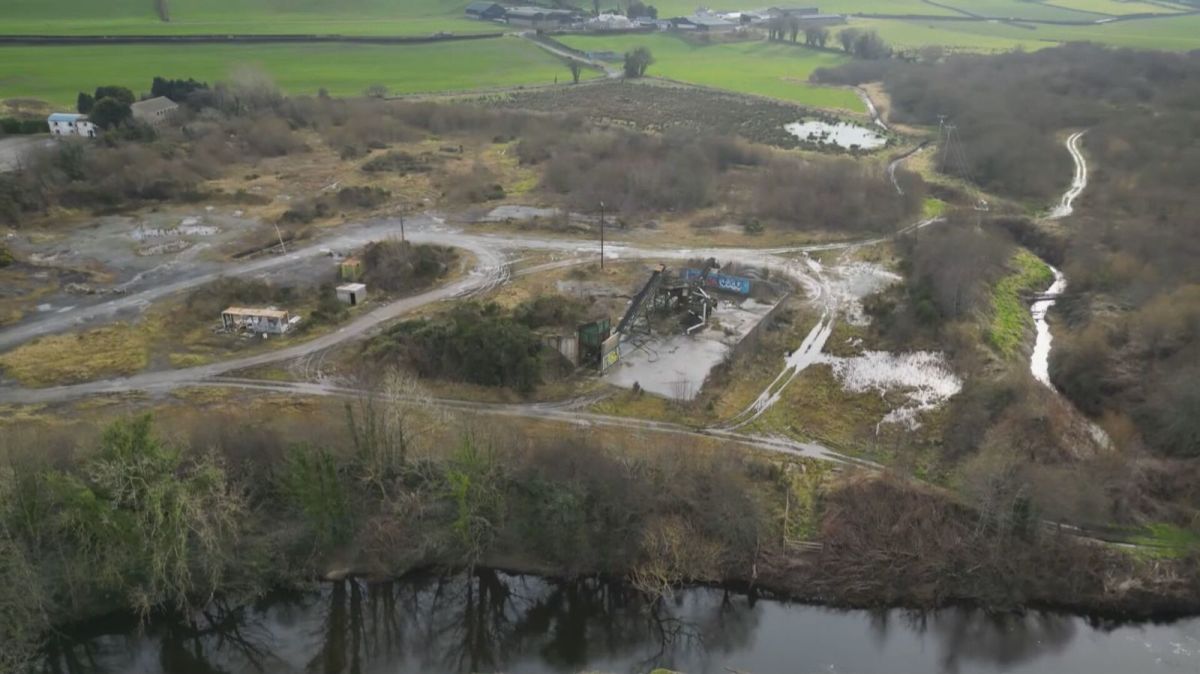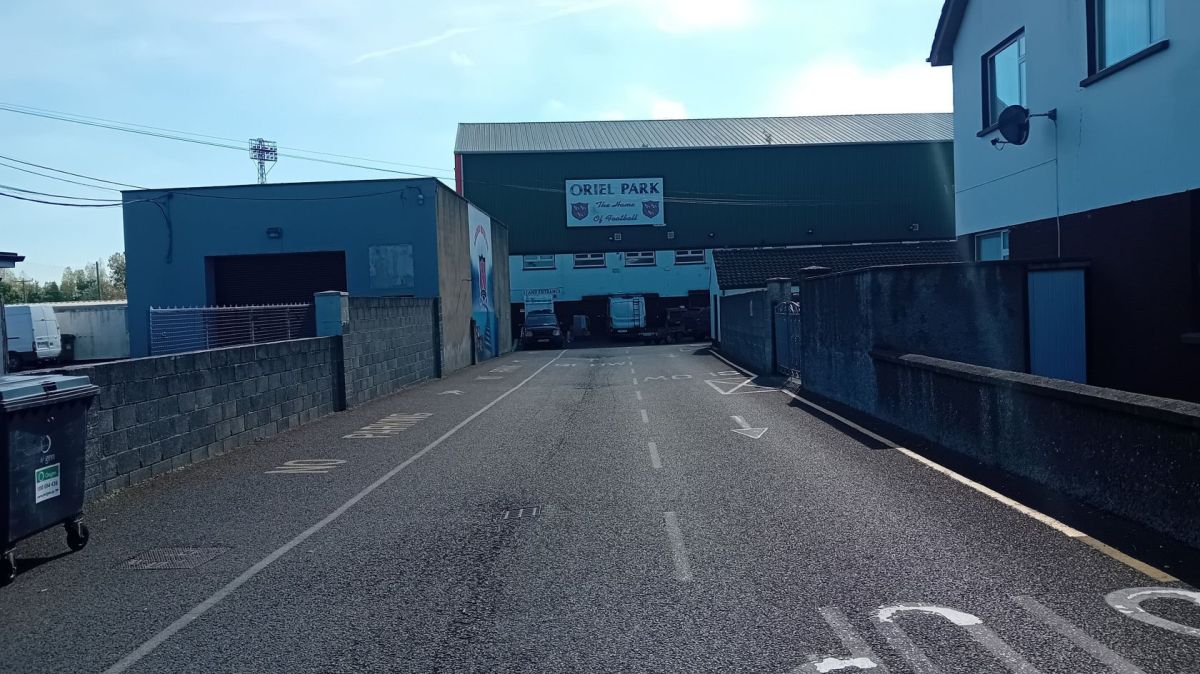Gary McErlain, a seventh-generation eel fisherman, said the cancellation was deeply troubling. Early catches were rejected by continental markets due to a reduction in fat content, leaving many fishers like Mr McErlain seeking alternative livelihoods.
“There are other species to fish, which is a lifeline,” he told BBC News NI. “But after generations defending our right to fish, it’s unthinkable that pollution might be what ends it.”
The Agri-Food and Biosciences Institute (AFBI), which monitors eel populations, reported catch numbers in 2025 were higher than in recent years. Eel survival largely depends on the journey of young fish across the Atlantic. AFBI noted a limited stomach sample showed 35% larvae content, which is higher than in previous, broader studies.
Meanwhile, efforts to improve water quality have sparked controversy. A consultation led by DAERA (Department of Agriculture, Environment and Rural Affairs) faced backlash from farmers who felt proposals ignored the realities of agriculture. The consultation period was extended, and a review group was established to refine proposals for Executive approval.
Farmers like Tim Morrow in County Down are pioneering low-input methods, replacing fertilisers with multi-species swards. But he sympathises with those hesitant to change. “We were told to produce more, and we did. Now everything’s shifting.”
The Ulster Farmers’ Union warned that draft plans could force livestock reductions. Morrow added, “Farmers feel singled out, but others, like water companies, must be held accountable too.”
Agricultural pollution is the main contributor to Lough Neagh’s blue-green algae crisis, though wastewater, industrial discharge, and septic tanks also play significant roles. The current Nutrient Action Programme, overdue for review, is under increasing scrutiny.















